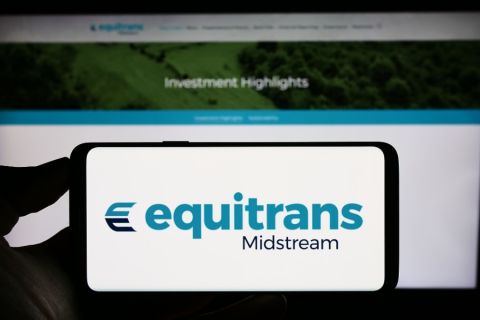Mexican state oil company Pemex is pursuing a risky Gulf of Mexico (GoM) deepwater project despite vowing as recently as two weeks ago it would focus its limited resources elsewhere, according to a filing with the country’s oil regulator.
Pemex sought and won approval from the regulator in late May to drill a well under more than 3,000 m (10,000 ft) of water that the company won at auction months before President Andres Manuel Lopez Obrador was elected in a landslide victory last year.
Pemex is saddled with $106 billion in debt and is under intense pressure to increase production, which has fallen by half since 2004. Under Lopez Obrador, Pemex has promised to develop shallow-water and onshore projects where it has the technical expertise.
But Pemex has committed to spend nearly $106 million over four years on the ultra-deepwater project, with drilling planned for second-quarter 2021, according to the approved exploration plan.
The area is located in the Perdido Fold Belt, a prolific deepwater basin where producers on the U.S. side of the GoM tap some 2 million barrels every day.
Pemex, which has not publicized the deepwater drilling plan, did not respond to requests for comment for this story. Lopez Obrador is expected to release a new business plan for Pemex later this month.
If the company strikes oil in the deepwater well, it “definitely” would need to recruit another oil company to participate in the technologically complex development, said Alma American Porres, a commissioner with the National Hydrocarbons Commission, the energy regulator.
Pemex’s most advanced deepwater project is the multibillion-dollar Trion project, operated by BHP Group. The venture pre-dates Lopez Obrador’s administration, which has canceled auctions designed to bring in private oil companies to work alongside Pemex.
Future Partnerships?
The Perdido drilling plan shows Pemex has not entirely closed the door on new deepwater projects or to tie-ups with private companies needed to extract hard-to-reach oil, according to Porres and others familiar with the project.
“Pemex is keeping its options open,” said Marco Cota, a former head of E&P for the energy ministry who now advises oil companies.
Pemex has yet to produce oil from deepwater projects on its side of the GoM despite more than a dozen years of exploring. It is the world’s most indebted oil company and single-handedly embarking on an expensive new deepwater project could be prohibitive.
Last month, credit rating firm Fitch downgraded its debt to a speculative, “junk” rating, which could raise future borrowing costs.
“Right now, the government will not change its tack until it has exhausted the strategy of having Pemex do everything by itself,” Cota said.
However, industry experts and ratings agencies are pressuring Pemex to change course before Lopez Obrador finalizes a new business plan for Pemex expected later this month.
That business plan “represents a key chance, if not the last, to present a credible future path to recover oil production and hence improve the firm’s financial profile,” brokerage firm Finamex said in a report published earlier this week.
Having Pemex embrace new joint ventures, especially in deepwater projects, was a key Finamex recommendation.
Pemex holds title to 58 deepwater blocks, most of which were assigned to it by the government, including areas that are home to most of the country’s prospective oil and gas riches.
“I think as time goes by they will be able to confirm that [existing] partnerships are working,” said a Mexico-based oil executive, speaking on condition of anonymity.
Recommended Reading
Baker Hughes Awarded Saudi Pipeline Technology Contract
2024-04-23 - Baker Hughes will supply centrifugal compressors for Saudi Arabia’s new pipeline system, which aims to increase gas distribution across the kingdom and reduce carbon emissions
PrairieSky Adds $6.4MM in Mannville Royalty Interests, Reduces Debt
2024-04-23 - PrairieSky Royalty said the acquisition was funded with excess earnings from the CA$83 million (US$60.75 million) generated from operations.
Equitrans Midstream Announces Quarterly Dividends
2024-04-23 - Equitrans' dividends will be paid on May 15 to all applicable ETRN shareholders of record at the close of business on May 7.
SLB’s ChampionX Acquisition Key to Production Recovery Market
2024-04-21 - During a quarterly earnings call, SLB CEO Olivier Le Peuch highlighted the production recovery market as a key part of the company’s growth strategy.
PHX Minerals’ Borrowing Base Reaffirmed
2024-04-19 - PHX Minerals said the company’s credit facility was extended through Sept. 1, 2028.





